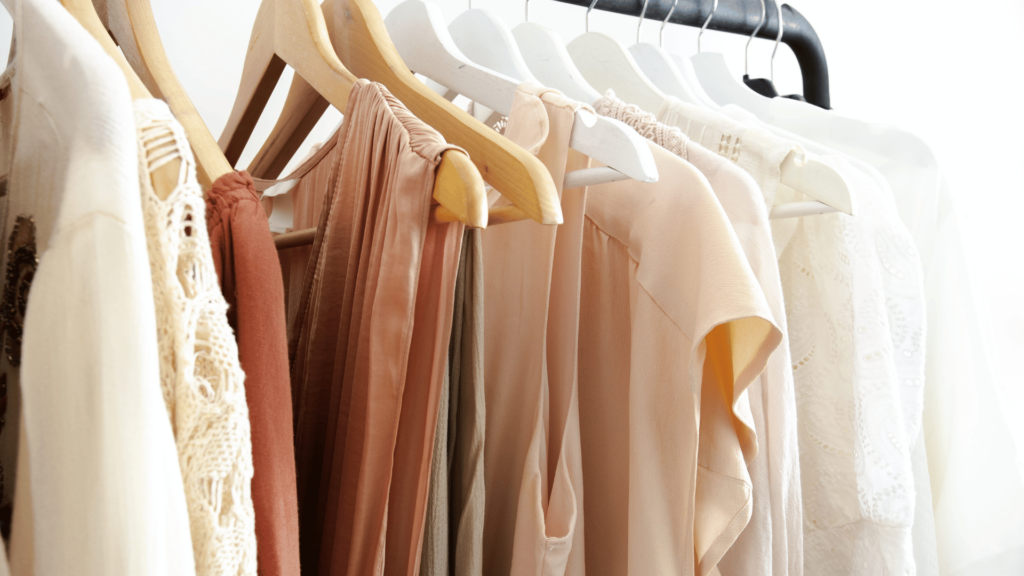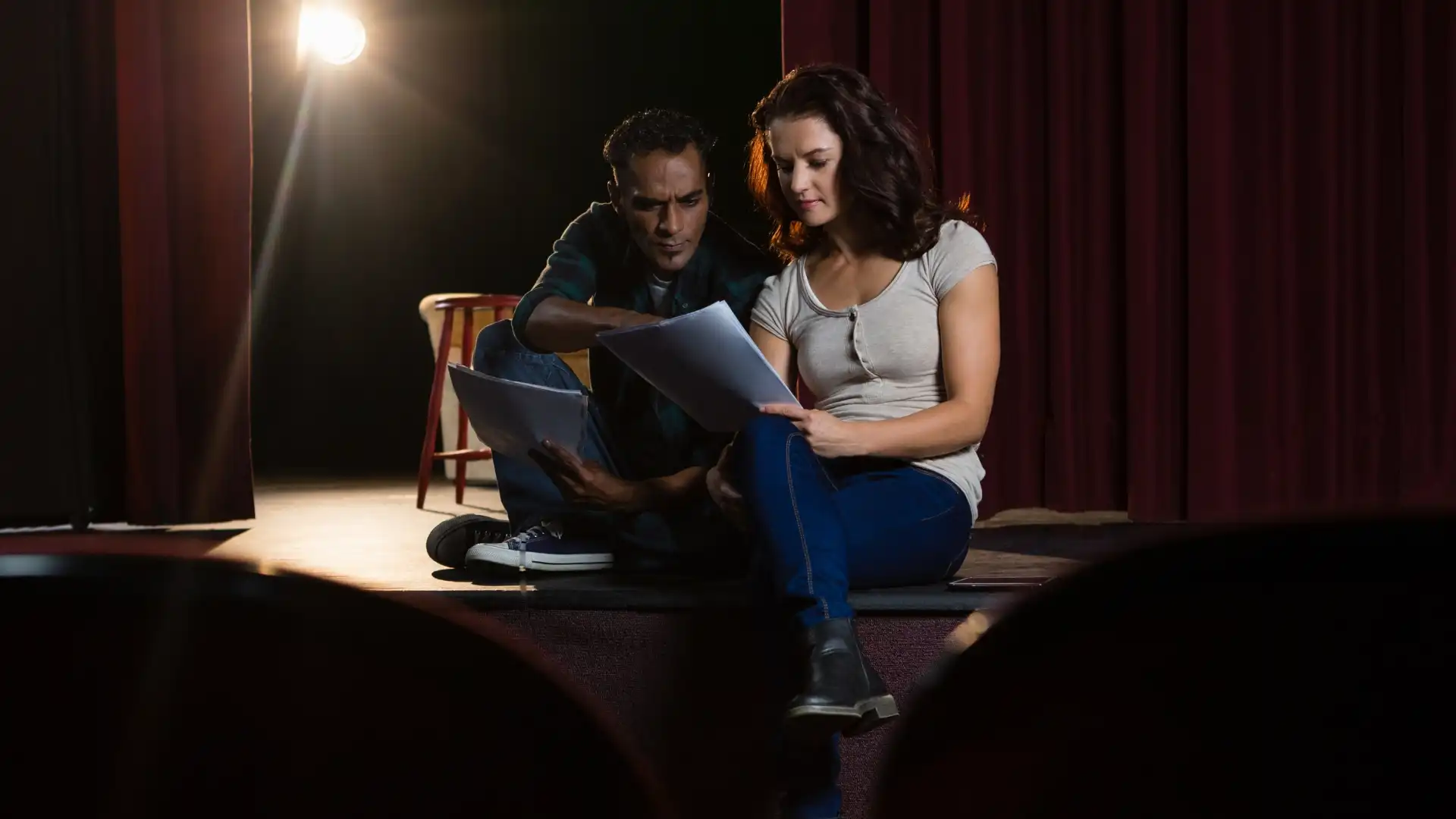Fashion merchandising is a dynamic field that combines the creative aspects of fashion with the business acumen required to drive sales and profitability in the industry. From retail to e-commerce, fashion merchandising professionals play a crucial role in shaping the success of fashion brands and retailers.
Fashion Buyer
Fashion buyers are responsible for selecting and purchasing merchandise for retail stores or online platforms. They analyze market trends, consumer preferences, and sales data to curate a product assortment that aligns with the brand’s target audience. Fashion buyers work closely with vendors, negotiate pricing and terms, and ensure that the merchandise meets quality and style standards.
Visual Merchandiser
Visual merchandisers are experts in creating visually appealing displays that attract customers and drive sales in retail environments. They design and set up store layouts, window displays, and product presentations to showcase merchandise in an enticing way. Visual merchandisers also collaborate with marketing teams to align visual strategies with promotional campaigns and brand messaging.
Retail Merchandiser
Retail merchandisers focus on optimizing product placement, pricing, and promotions to maximize sales and profitability in retail settings. They analyze sales data, monitor inventory levels, and make strategic decisions to drive revenue and meet business objectives. Retail merchandisers also collaborate with buying teams to plan assortments and ensure a cohesive merchandising strategy.
Merchandise Planner
Merchandise planners play a critical role in forecasting sales, managing inventory levels, and optimizing product assortments to meet consumer demand. They analyze historical data, market trends, and promotional calendars to develop sales forecasts and inventory plans. Merchandise planners work closely with buying and allocation teams to ensure that merchandise is available in the right quantities at the right time.
Product Development Manager
Product development managers oversee the creation and production of new merchandise for fashion brands and retailers. They collaborate with design teams, sourcing partners, and manufacturers to bring product concepts to life. Product development managers manage the product lifecycle, from initial concept development to final production, ensuring that products meet quality standards and align with brand aesthetics.
Showroom Manager
Showroom managers are responsible for showcasing merchandise to buyers, editors, and stylists in a showroom setting. They curate product selections, coordinate appointments, and provide product information to visitors. Showroom managers play a key role in building relationships with clients, securing orders, and driving sales through effective merchandising and product presentation.
Brand Merchandiser
Brand merchandisers work closely with marketing and design teams to ensure that merchandise aligns with the brand’s image and target market. They develop merchandising strategies, create product assortments, and monitor product performance to drive brand growth and profitability. Brand merchandisers also collaborate with retail partners to ensure consistent brand representation across all channels.
Online Merchandiser
Online merchandisers focus on optimizing the digital shopping experience to drive online sales and engagement. They manage product listings, merchandising strategies, and promotional campaigns on e-commerce platforms. Online merchandisers analyze website performance metrics, user behavior, and market trends to enhance the online shopping experience and drive conversion rates.
Wholesale Account Executive
Wholesale account executives are responsible for managing relationships with wholesale accounts, such as department stores, boutiques, and online retailers. They develop sales strategies, present product lines to buyers, and negotiate terms and contracts. Wholesale account executives work to expand distribution channels, increase sales volume, and build brand presence in the wholesale market.
Trend Analyst
Trend analysts monitor fashion trends, consumer behavior, and market dynamics to provide insights and recommendations to fashion brands and retailers. They conduct trend research, analyze competitor strategies, and forecast future trends to inform product development and merchandising decisions. Trend analysts play a crucial role in identifying opportunities and staying ahead of the curve in the fast-paced fashion industry.
Conclusion
Fashion merchandising offers a wide range of career opportunities for individuals with a passion for fashion, creativity, and business. Whether you are interested in retail merchandising, product development, or trend analysis, there are diverse paths to explore in this dynamic field.
Key Takeaways:
- Fashion merchandising encompasses a variety of roles, such as fashion buyer, visual merchandiser, and product development manager, each contributing to the success of fashion brands.
- Skills such as trend analysis, inventory management, and strategic planning are essential for excelling in fashion merchandising careers.
- Professionals in the field of fashion merchandising play a crucial role in driving sales, optimizing product assortments, and enhancing the overall shopping experience for consumers.
For those looking to deepen their knowledge and skills in fashion merchandising, consider exploring the comprehensive online courses and certificate programs offered by Yellowbrick. These programs can provide valuable insights and practical skills to help you thrive in the dynamic world of fashion merchandising.








